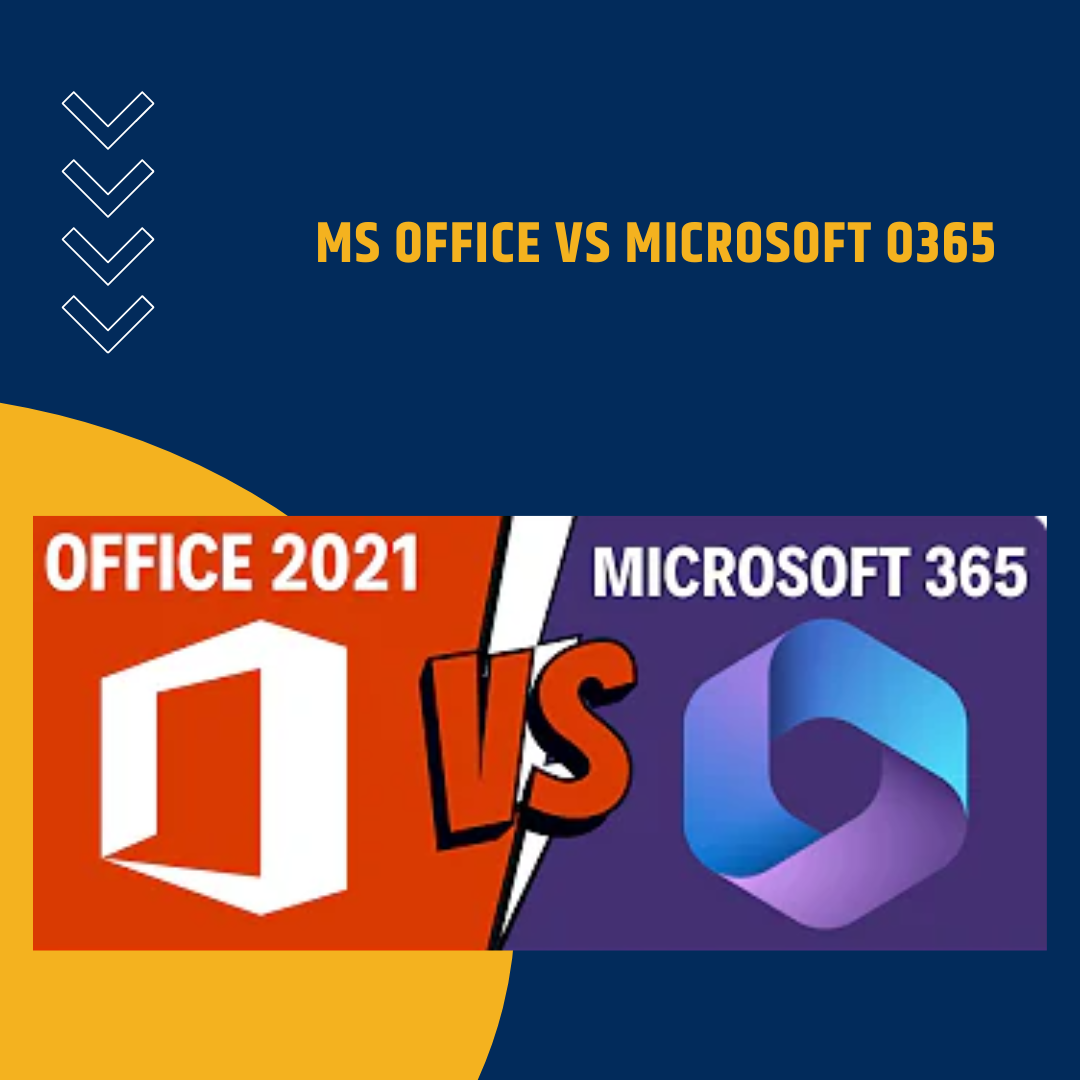Introduction:
In today’s digital age, having access to powerful productivity tools is essential for individuals and businesses alike. Microsoft Office and Office 365 are two popular suites of applications that offer a range of features to enhance productivity. In this blog post, we’ll compare the two offerings to help you determine which one is the best fit for your needs.
Understanding Microsoft Office:
- Microsoft Office is a traditional software suite that includes applications like Word, Excel, PowerPoint, and Outlook.
- It follows a one-time purchase model, where users buy a license for a specific version of the software.
- Users have perpetual access to the software and can install it on their devices for offline use.
Understanding Office 365:
- Office 365 is a cloud-based subscription service that offers access to a suite of productivity tools, including the latest versions of Word, Excel, PowerPoint, and more.
- It offers various subscription plans tailored for individuals, families, businesses, and enterprises.
- Subscribers receive continuous updates and new features, ensuring they always have access to the latest tools and functionalities.
Feature Comparison:
- Collaboration: Office 365 offers advanced collaboration features such as real-time co-authoring, chat functionality, and integration with Microsoft Teams. Microsoft Office, on the other hand, provides limited collaboration options.
- Accessibility: Office 365 allows users to access their documents and files from any device with an internet connection, while Microsoft Office is primarily designed for offline use.
- Pricing: Microsoft Office requires a one-time purchase with a perpetual license, while Office 365 follows a subscription-based model with recurring payments.
Choosing the Right Option:
- Collaboration Needs: If you require advanced collaboration features and seamless integration with cloud storage and communication tools, Office 365 may be the better option.
- Accessibility: If you need offline access to your documents and files, Microsoft Office may be more suitable for your needs.
Conclusion:
- Microsoft Office and Office 365 cater to different user preferences and needs, with distinct pricing models and feature sets.
- Individuals and businesses should consider factors like budget, collaboration requirements, and accessibility preferences when choosing between the two options.





